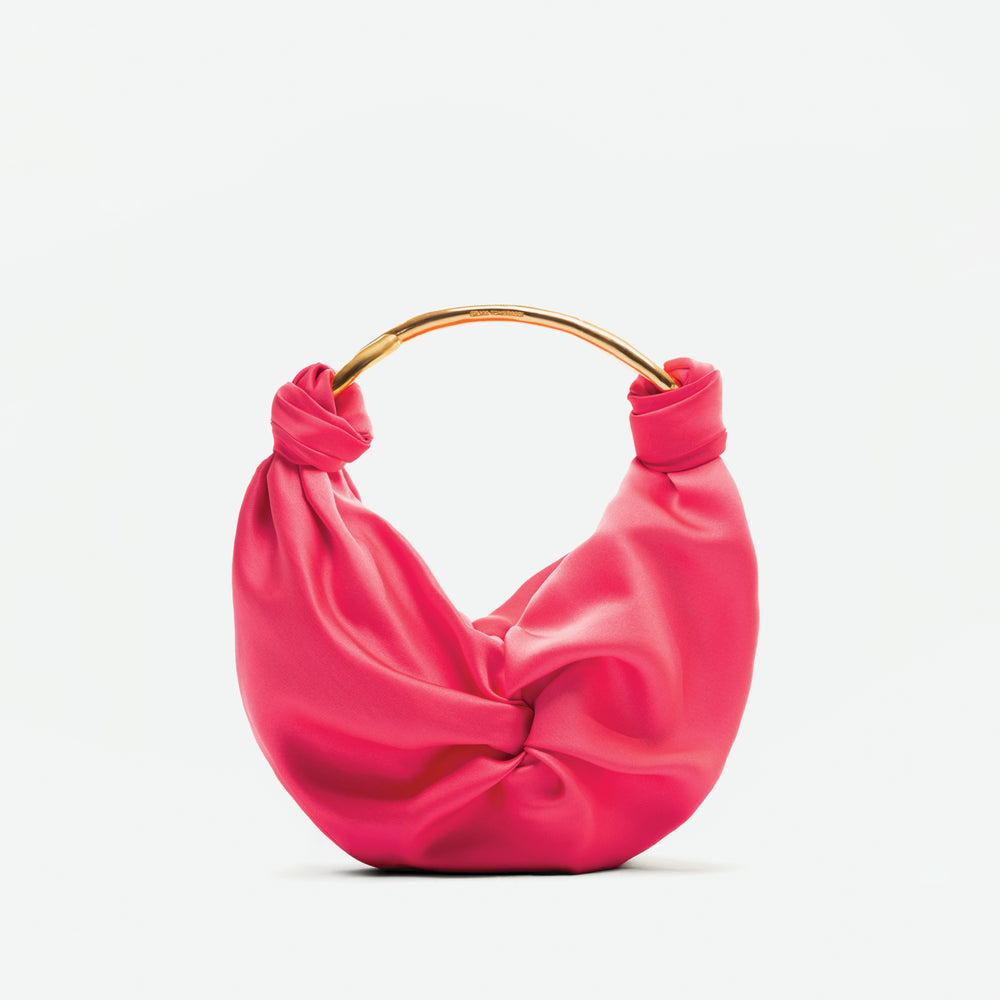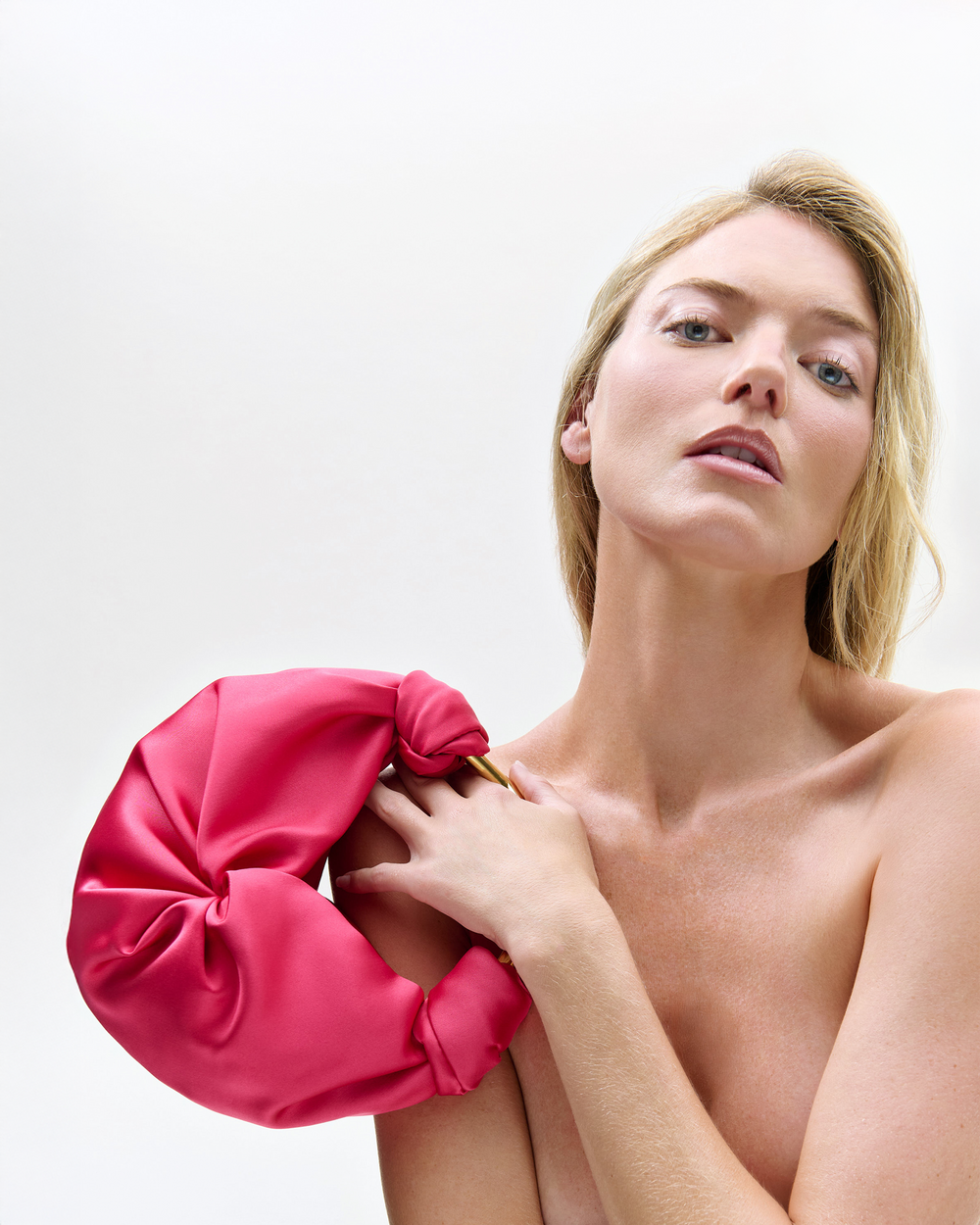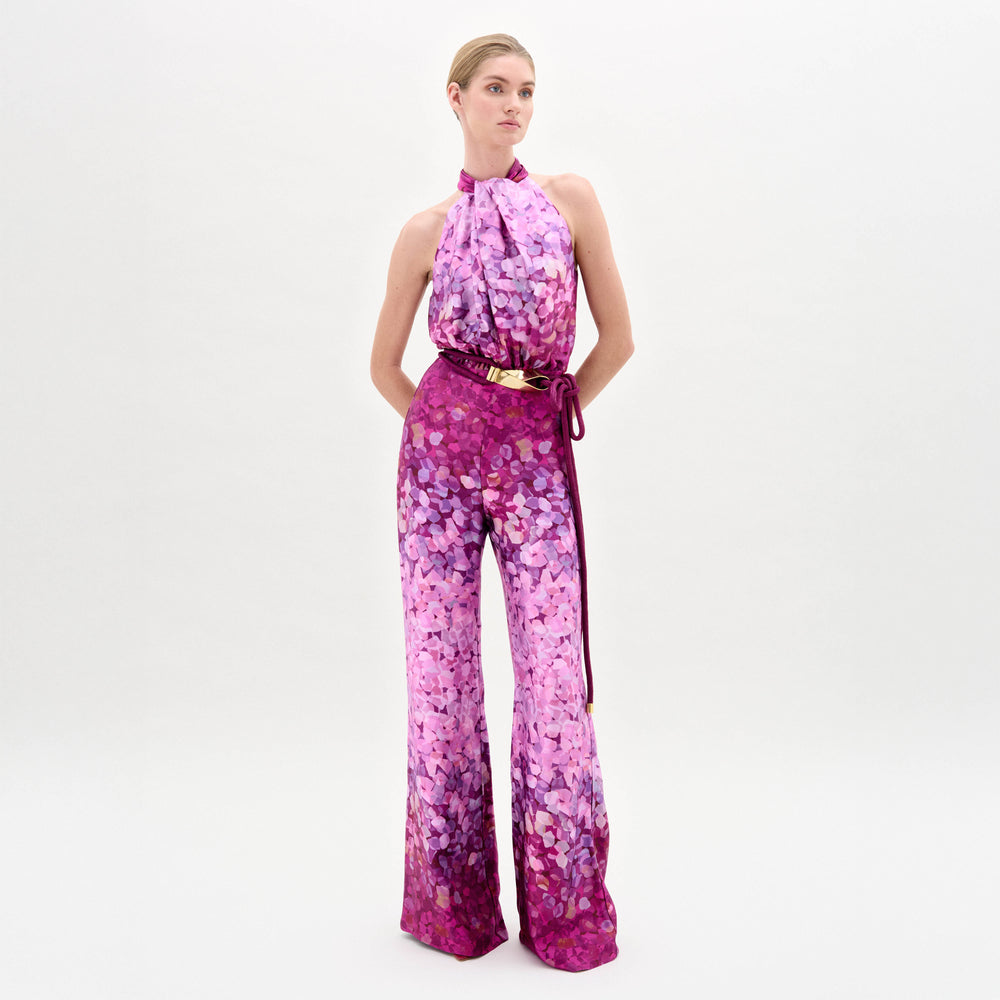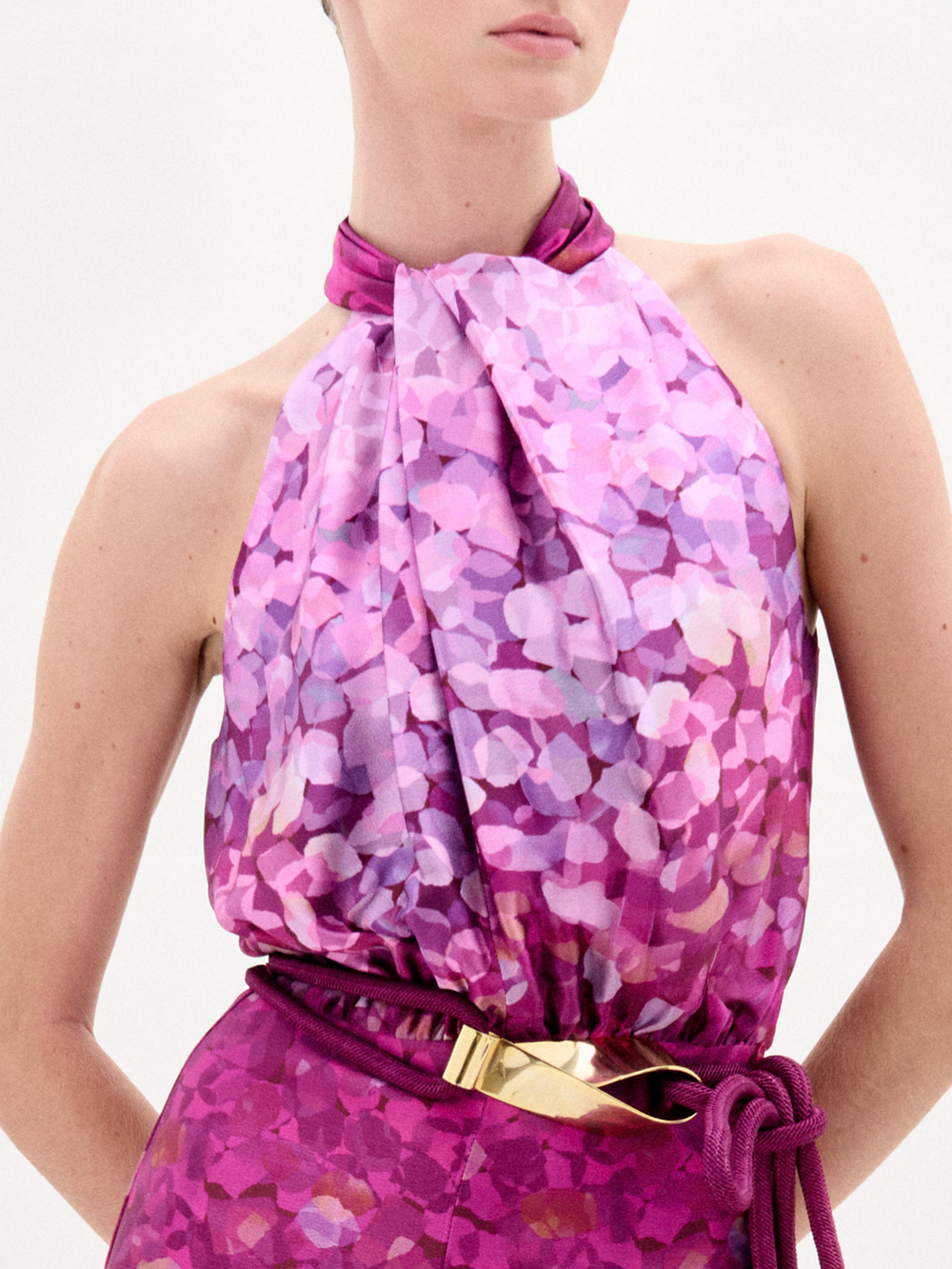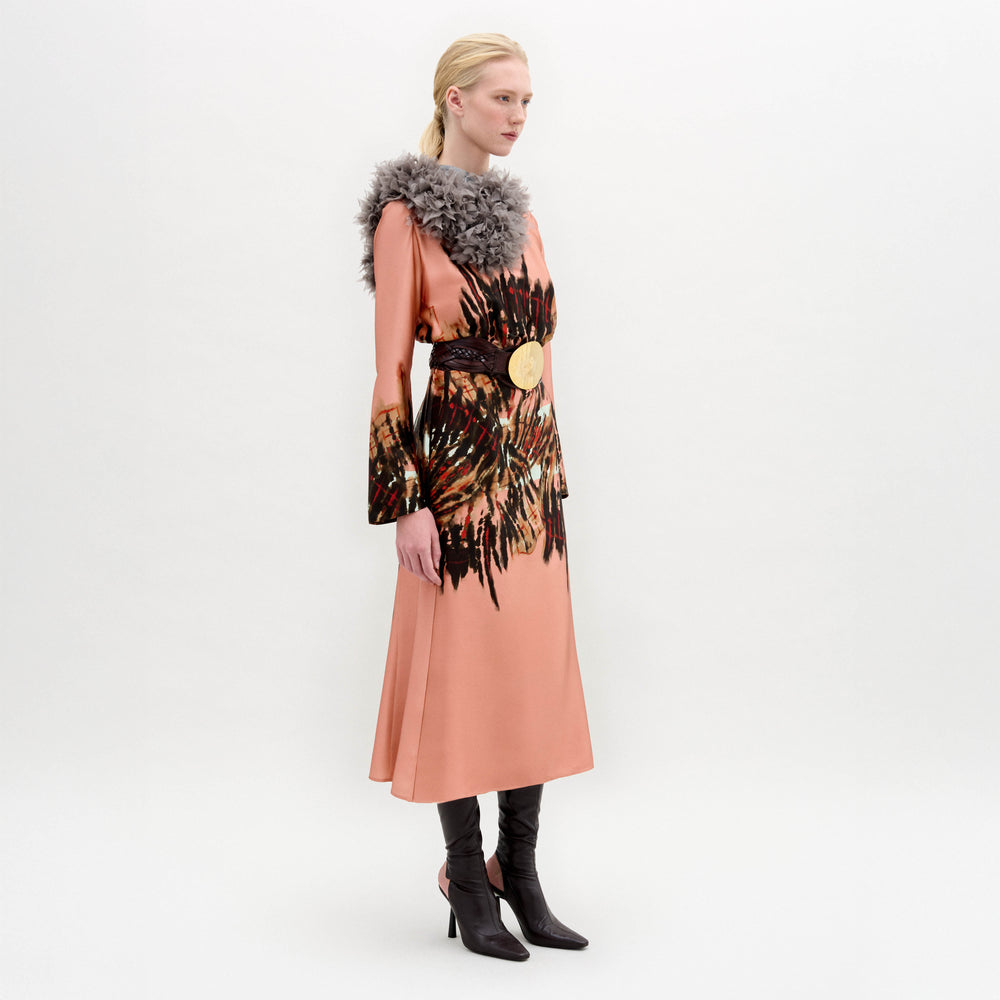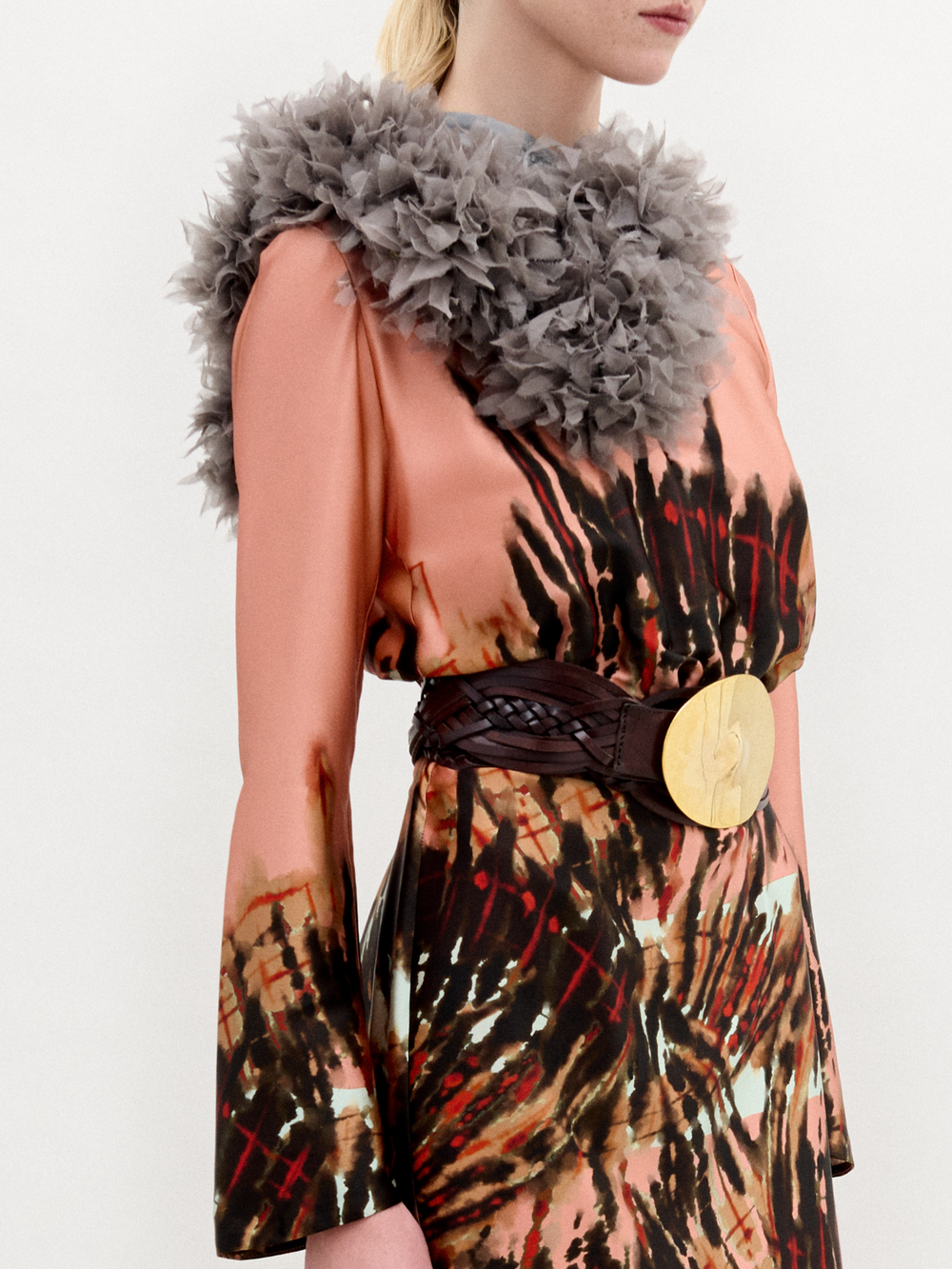In the Spotlight: Kinga Lampert
As a company founded and led by three generations of women, the conversation around breast cancer holds special meaning for us. In support of this cause, we partnered with the Breast Cancer Research Foundation (BCRF) to create a limited-edition Sofia Bag in October’s signature hue—pink.
To further our commitment, we invited Kinga Lampert, a close friend of the brand, Chairwoman Emeritus of the BCRF, and board member of the Sylvester Comprehensive Cancer Center at the University of Miami, to share insight into her work with the organization. Kinga recently joined our Director of Ready-to-Wear, Sofia Espinosa Tcherassi, for a conversation on the Foundation’s mission and the importance of continued progress in research and education for a cause that touches so many women around the world.






